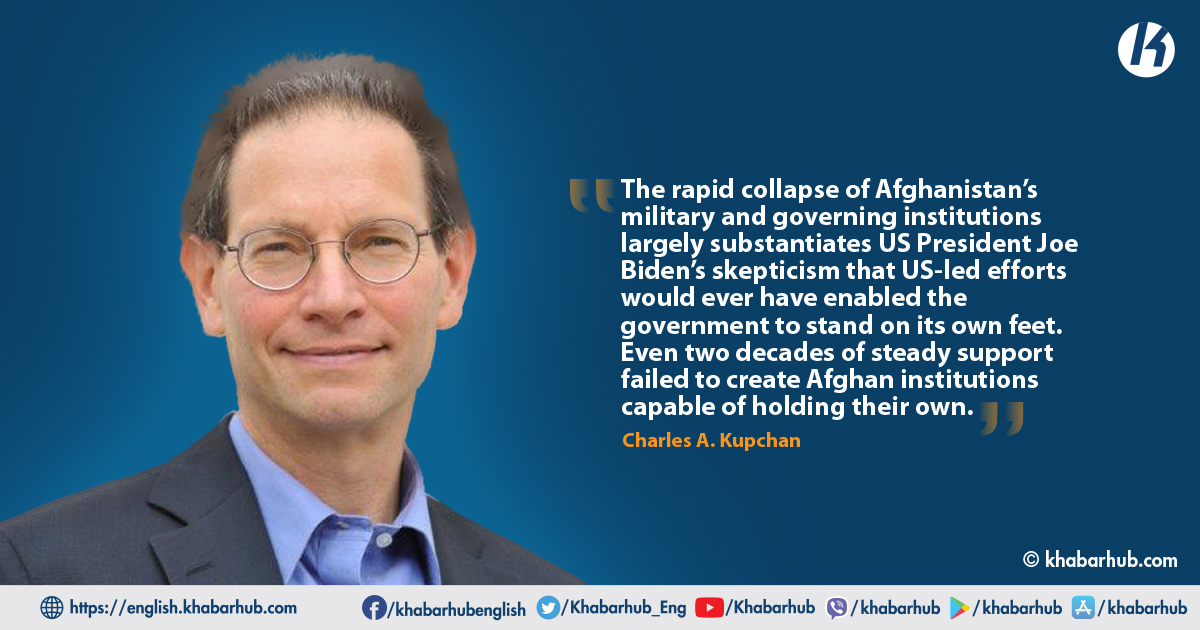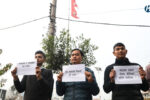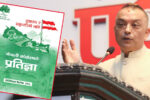It has been excruciating to watch the Taliban roll across Afghanistan, undoing in a matter of months two decades of efforts by the Afghan people and the international community to build a decent, secure, and functioning state.
The Taliban effectively wrapped up its stunning sweep of the country on Sunday, moving into Kabul and prompting President Ashraf Ghani to flee.
The Taliban’s virtually uncontested takeover over Afghanistan raises obvious questions about the wisdom of US President Joe Biden’s decision to withdraw US and coalition forces from the country.
Paradoxically, however, the rapidity and ease of the Taliban’s advance only reaffirms that Biden made the right decision – and that he should not reverse course.
The ineffectiveness and collapse of Afghanistan’s military and governing institutions largely substantiates Biden’s skepticism that US-led efforts to prop up the government in Kabul would ever enable it to stand on its own feet.
The international community has spent nearly 20 years, many thousands of lives, and trillions of dollars to do good by Afghanistan – taking down al-Qaeda; beating back the Taliban; supporting, advising, training, and equipping the Afghan military; bolstering governing institutions; and investing in the country’s civil society.
Significant progress was made, but not enough. As the Taliban’s speedy advance has revealed, even two decades of steady support failed to create Afghan institutions capable of holding their own.
The US and its allies are today much harder targets than they were on September 11, 2001. Al-Qaeda has not been able to carry out a major overseas attack since the bombings in London in 2005.
That is because the mission was fatally flawed from the outset. It was a fool’s errand to try to turn Afghanistan into a centralized, unitary state.
The country’s difficult topography, ethnic complexity, and tribal and local loyalties produce enduring political fragmentation. Its troubled neighborhood and hostility to outside interference make foreign intervention perilous.
These inescapable conditions ensured that any effort to turn Afghanistan into a modern state would fail. Biden made the tough and correct choice to withdraw and end a losing effort in search of an unattainable goal.
The case for withdrawal is also buttressed by the reality that even if the United States has fallen short on the nation-building front, it has achieved its primary strategic goal: preventing future attacks on America or its allies from Afghan territory. The US and its coalition partners have decimated al-Qaeda in Afghanistan and Pakistan.
The same goes for the Afghan branch of the Islamic State, which has demonstrated no ability to carry out transnational attacks from Afghanistan.
In the meantime, the US has built a global network of partners with which to fight terrorism worldwide, share relevant intelligence, and jointly boost domestic defenses against terrorist attacks.
The US and its allies are today much harder targets than they were on September 11, 2001. Al-Qaeda has not been able to carry out a major overseas attack since the bombings in London in 2005.
There is of course no guarantee that the Taliban will not again provide safe harbor to al-Qaeda or similar groups. But that outcome is highly unlikely.
The Taliban has been doing just fine on its own and has little reason to revive its partnership with the likes of al-Qaeda.
The Taliban will also want to maintain a measure of international legitimacy and support, likely quashing any temptation to host groups seeking to organize terrorist attacks against foreign powers.
Afghanistan deserves the support of the international community for the foreseeable future. But the US-led military mission has run its course.
Moreover, those groups have little incentive to seek to regroup in Afghanistan when they can do so more easily elsewhere.
Finally, Biden is right to stand by his decision to end the military mission in Afghanistan, because doing so is consistent with the will of the American electorate.
Most of the American public, Democrats and Republicans alike, has lost patience with the “forever wars” in the Middle East.
The illiberal populism that led to Donald Trump’s election (and near re-election) emerged in part as a response to perceived American overreach in the broader Middle East.
Against a backdrop of decades of economic discontent among US workers, recently exacerbated by the devastating impact of the pandemic, voters want their tax dollars to go to Kansas, not Kandahar.
The success of Biden’s effort to repair American democracy depends principally on delivering domestic investment; the infrastructure and social policy bills now moving through Congress are critical steps in the right direction.
But foreign policy also matters. When Biden pledges to pursue a “foreign policy for the middle class,” he needs to deliver by pursuing a brand of statecraft that enjoys the backing of the American public.
Afghanistan deserves the support of the international community for the foreseeable future. But the US-led military mission has run its course.
Sadly, the best the international community can do for now is help alleviate humanitarian suffering and press Afghans to look to diplomacy, compromise, and restraint as their country now searches for a peaceful and stable political equilibrium.
(Charles A. Kupchan, Senior Fellow at the Council on Foreign Relations, is Professor of International Affairs at Georgetown University)
Copyright: Project Syndicate









Comment